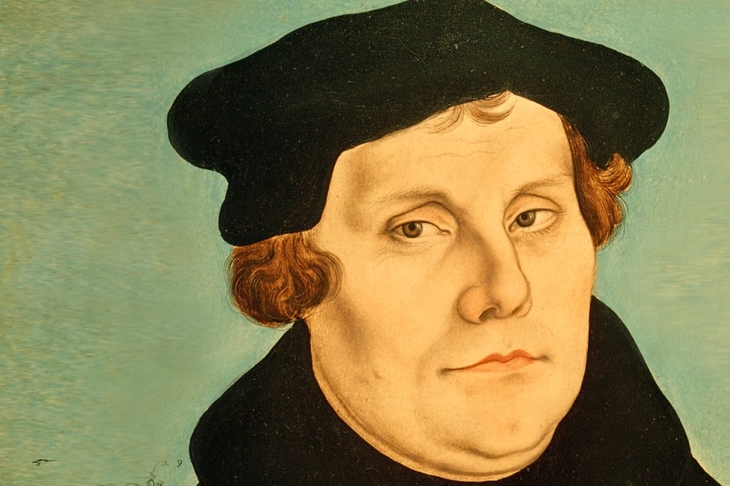Martin Luther shot to fame five hundred years ago with his protest against indulgences in October 1517. At the core of his message was the straightforward idea that the answer to every religious question was to be found in the Bible, the Word of God, taken in its plain and simple sense.
As we now know, it didn’t quite work out. The Word of God just wasn’t as plain and simple as Luther thought. Rival prophets, from erudite theologians down to everyday cranks, read the same Word of God with different and sometimes swivelling eyes, and came to very different conclusions. Ulrich Zwingli, the godfather of the Reformation in Zurich, preached his distinctive brand of Christianity from the pulpit of the city’s Grössmunster church in the 1520s. Harry Daunce, a Whitechapel bricklayer, preached his from a tub in his garden, just outside Aldgate, in the summer of 1538. He was arrested, of course, and made his public apology towards Christmas – only one Harry was allowed to have his own religious opinions in England in the 1530s, and that was Henry VIII.
So does Luther matter today? In one sense, maybe not.

Britain’s best politics newsletters
You get two free articles each week when you sign up to The Spectator’s emails.
Already a subscriber? Log in







Comments
Join the debate for just £1 a month
Be part of the conversation with other Spectator readers by getting your first three months for £3.
UNLOCK ACCESS Just £1 a monthAlready a subscriber? Log in